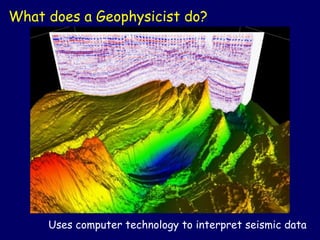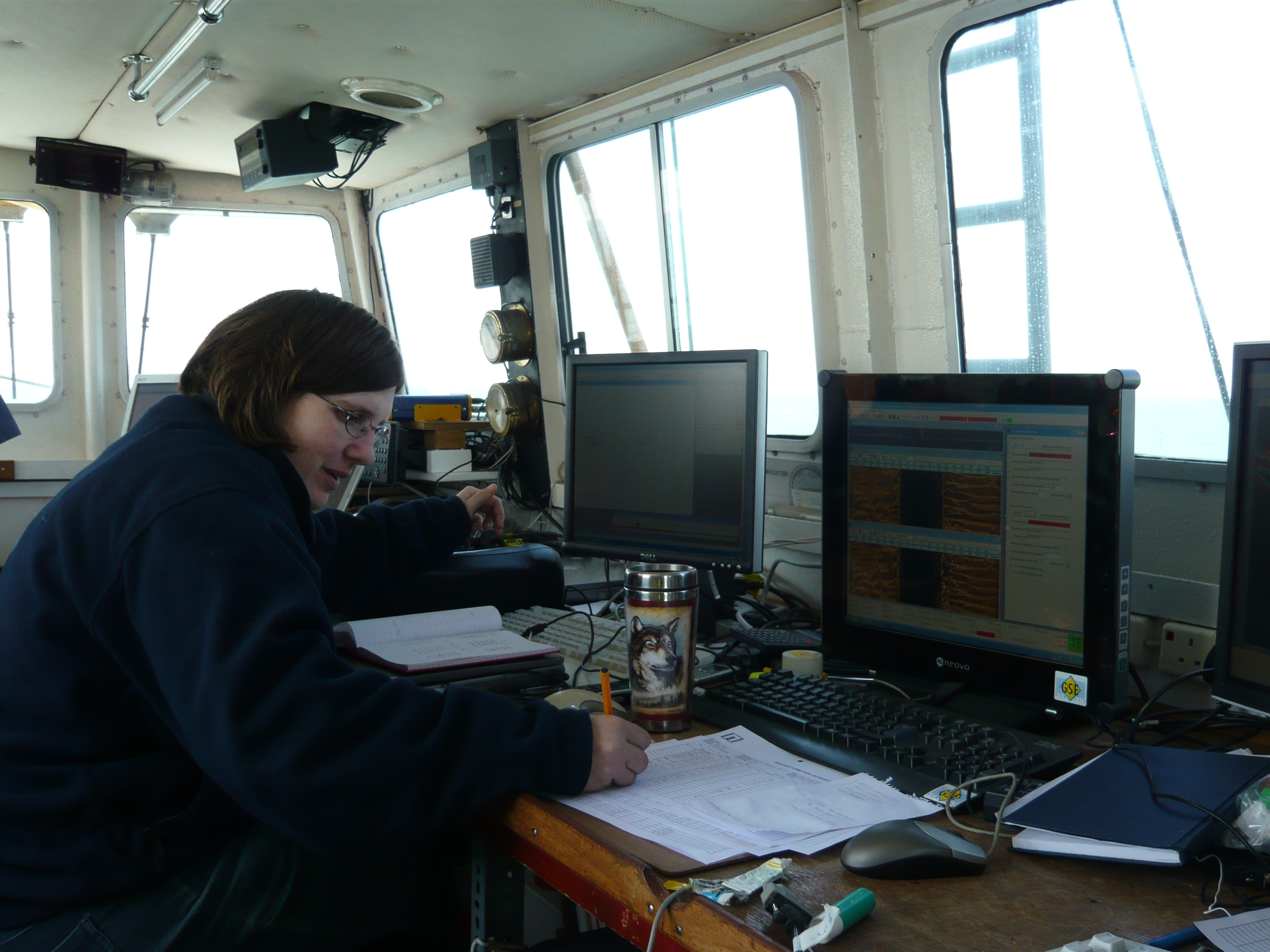All Categories
Featured
Table of Contents
Geophysical Consulting in Forrestdale Western Australia 2022
This work is increasingly contracted out, so consultancies offer another source of employment. Consultancy firms vary in size, from really small companies to big multinationals. Some consultancies are quite specialised in using specific geophysical techniques or working in specific places, while others provide a more varied range of services to their clients.
The extraction of gas from garbage dump websites is another location of work and this might grow in the future. Expedition companies might carry out work for building and construction companies, water companies, mining companies and ecological agencies, so geophysicists might be used in any of these settings. Other employers consist of: geological surveysgovernment bodies and agenciesuniversities and research institutes.


Jobs might be noted in the oil and gas sector press. Recruitment is impacted by oil cost variations and the level of competitors for positions varies depending upon this. Careers Days, which cover the full range of geoscience professions and are usually attended by a number of key industry employers, are run by The Geological Society.
What Are Geophysical Surveys & Why Do They Matter in Coolbellup Australia 2020
A few of the big oil and gas companies offer a full two-year structured training programme across the breadth of geophysics, including the chance to experience operate in various teams before specialising in one location. Your training may include deal with: existing wellsmagnetic and gravitational potential field data analysisresearchrock analysis. However, it's more typical for your initial training to be supplied on the task.

There may be a probationary period during which you work together with an experienced associate. Competency-based appraisals take location routinely in the majority of firms. In smaller sized companies, and for academic posts, there is unlikely to be any official training - you'll be expected to start work straightaway and get skills as you go along.
If you work for a smaller sized company, you might find that you require to take responsibility for organizing and funding your own advancement and training. If you have a geology degree, membership of The Geological Society can be helpful for networking and for maintaining to date with the industry.
Exploration Geophysicist: Occupations In Alberta in Maylands Australia 2023
You might also find it useful to sign up with the PESGB (The Petroleum Expedition Society of Great Britain, which has a geophysics unique interest group. After a probationary period, and as soon as you have actually acquired some experience, you could advance to senior geophysicist, then team leader and after that into a senior function in management.
The ease of motion between functions depends on the company structure. Research study at Masters or Ph, D level in a subject related to geophysics or geosciences may help with your profession advancement and development. The work market within the oil and gas industry is very based on cost and this might affect your opportunities for career development.
For knowledgeable geophysicists, freelance consultancy offers an excellent route for career development. As a geophysicist, you're likely to have several tasks throughout your working life.
Geophysicist in Maddington Western Australia 2022
From geophysics, it's possible to concentrate on seismology (completing additional training to become a seismic interpreter) or to move into related areas such as engineering geology or risk forecast.
Choosing what to study in college is a hard choice. Even if you understand that your field of interest depends on science, what program of study is best for you? If you make the decision to significant in physical and biological sciences and pursue a career as a geophysicist, you're getting ready for an amazing and profitable profession.
The first action to attaining your objective of ending up being a geophysicist is making a degree. Even for entry-level positions in the field of geoscience, you'll need a bachelor's degree (a geophysicist college degree) from a certified college or university. Geophysicists should be able to: examine rocks, pictures, and other pieces of data perform research both in the field and in labs create maps and charts of their findings write reports To achieve all this, trainees need a specialized education for geophysicist careers.
As mentioned above, you'll require a bachelor's degree in geoscience or a related discipline, such as a physical science or a natural science, to land an entry-level job. However students can likewise prepare by learning subjects like: Biology Chemistry Computer technology Engineering Mathematics Physics The above geophysicist majors use a more generalized method to a single scientific discipline, but a lot of programs require trainees to take several geology course.
Latest Posts
What Geophysicists Do in Iluka WA 2023
Geophysical Survey Definition in Casaurina Oz 2021
Geology And Geophysics - Careers And Employment in Manning Aus 2022